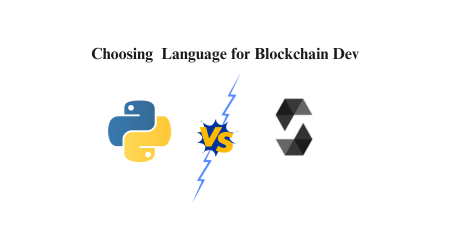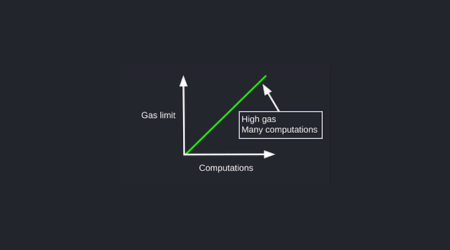Are you torn between Solidity and Python for your blockchain development needs? Choosing the right language is like picking the perfect tool from a well-stocked toolbox. With this article, we’ll guide you through the pros and cons of Solidity and Python, helping you make an informed decision.
We’ll explore key features, use cases, and even delve into the realm of blockchain security. So, sit back, relax, and let us unravel the intricacies of Solidity versus Python for your blockchain journey.
1. Key Takeaways
- Solidity is specifically designed for creating smart contracts on the Ethereum platform.
- Python offers simplicity and readability, making it easier to write and understand code.
- Solidity is optimized for smart contracts on the Ethereum blockchain and results in faster execution times compared to Python.
- Solidity has built-in security features for preventing common vulnerabilities, while Python requires additional libraries and frameworks to enhance security.
2. Pros and Cons of Solidity for Blockchain Development
If you’re considering Solidity for blockchain development, you’ll want to weigh the pros and cons carefully. Solidity, with its syntax and programming structure, is specifically designed for creating smart contracts on the Ethereum platform. This makes it highly compatible and efficient for blockchain development.
However, one drawback is that Solidity can be complex and difficult to learn for those who are not familiar with programming languages.
Now let’s explore the advantages and disadvantages of Python in blockchain development.
3. Advantages and Disadvantages of Python in Blockchain Development
You should consider the advantages and disadvantages of Python in blockchain development.
Python offers simplicity and readability, making it easier for developers to write and understand code. It also has a vast ecosystem of libraries and frameworks that can be leveraged for blockchain development.
However, Python’s performance in blockchain applications may not be as efficient as other programming languages. When compared to languages like Solidity, Python may experience slower transaction processing times and higher resource requirements.
Now, let’s explore the key features and use cases of Solidity.
4. Key Features and Use Cases of Solidity
Solidity’s key features and use cases make it a valuable programming language for blockchain development.
When comparing Solidity to Python in terms of performance, Solidity is optimized specifically for smart contracts on the Ethereum blockchain, resulting in faster execution times.
These features include a user-friendly syntax, support for inheritance and libraries, custom data structures, secure transaction handling, gas management, and robust error handling.
These attributes collectively make Solidity a versatile and indispensable tool for building decentralized applications and ensuring the integrity of the Ethereum blockchain.
To ensure efficient and secure smart contract development, it is crucial to follow Solidity best practices, such as code modularity, error handling, and gas optimization.
Now, let’s explore the various Python libraries and frameworks available for blockchain development.
5. Python Libraries and Frameworks for Blockchain Development
When it comes to blockchain development, you have a plethora of Python libraries and frameworks at your disposal. These tools enable you to create Python-based smart contracts and seamlessly integrate blockchain with the Django framework.
Some popular choices include Web3.py, EthTools, and Populus. These libraries offer extensive functionalities and simplify the process of developing blockchain applications using Python.
Now, let’s dive into the comparison of solidity and python in blockchain security.
6. Comparison of Solidity and Python in Blockchain Security
Now let’s compare the security aspects of Solidity and Python in blockchain development.
Solidity, the programming language specifically designed for smart contracts on the Ethereum platform, has built-in security features that help prevent common vulnerabilities like reentrancy attacks and integer overflow/underflow.
Python, on the other hand, being a general-purpose language, requires additional libraries and frameworks to enhance security.
In terms of performance, Solidity is optimized for executing blockchain applications, while Python may face scalability challenges.
When it comes to community support and documentation availability, Python has a larger and more mature ecosystem compared to Solidity.




